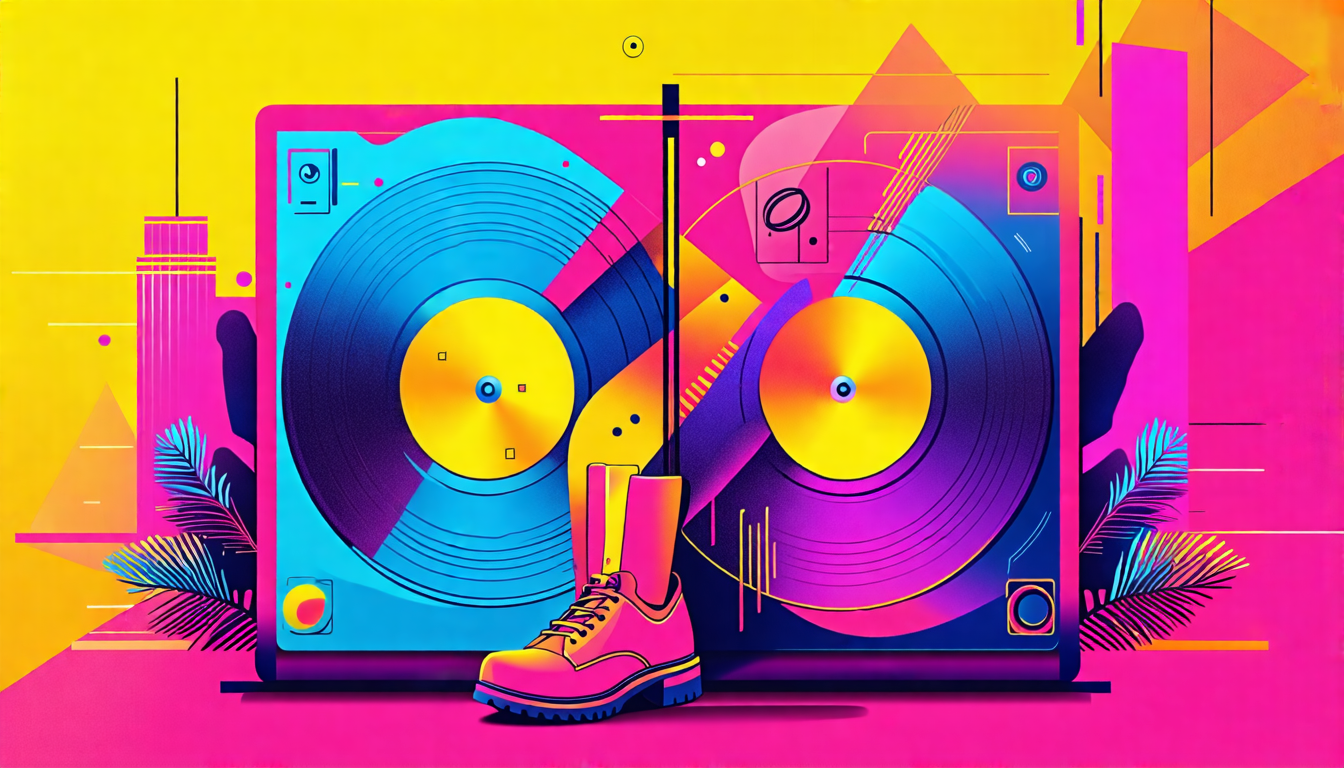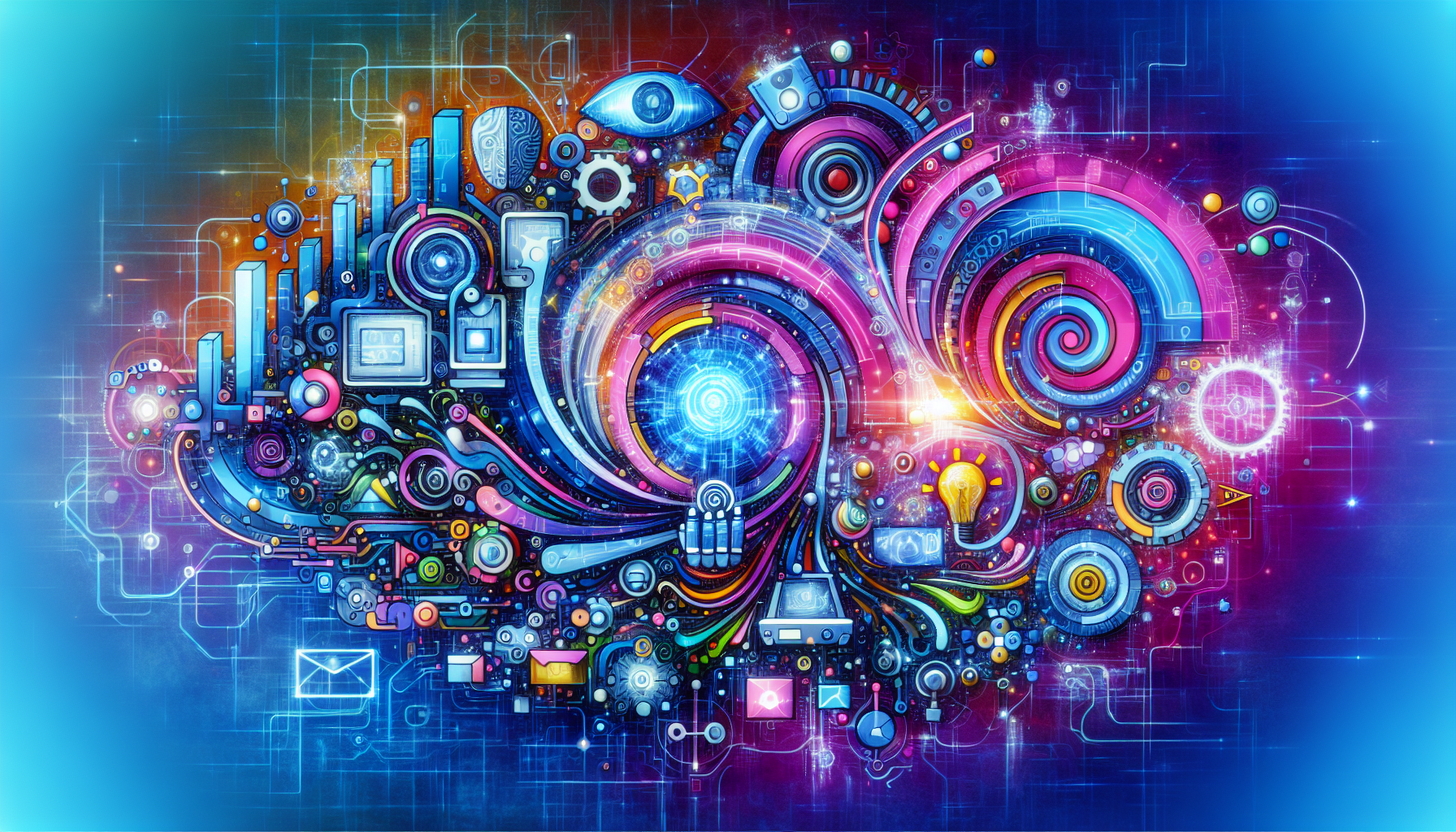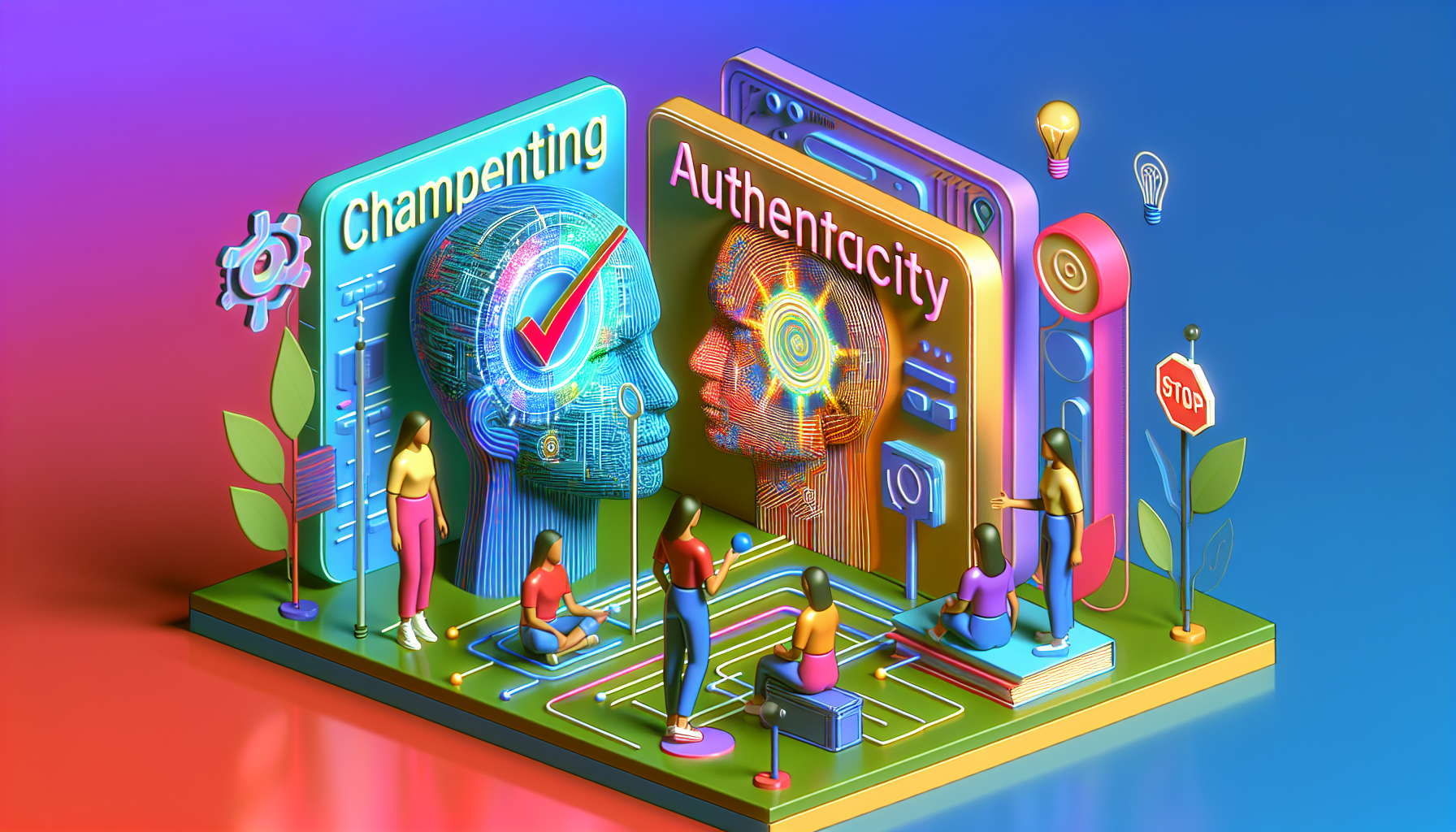
Major Record Labels Take AI Music Generators to Court
In a dramatic turn of events that could be straight out of a courtroom drama, some of the most significant players in the music industry—Sony, Universal, and Warner Music Group—have collectively donned their legal armor. They are suing AI music generators, Suno and Udio, alleging that these digital maestros are orchestrating melodies using copyrighted music without so much as a nod of acknowledgment or a penny of compensation.
The lawsuits, filed in the hallowed halls of federal courts in Massachusetts and New York, send a clear message: when it comes to copyright infringement, the gloves are off. The plaintiffs claim that Suno and Udio have pulled a sneaky one by using copyrighted sound recordings to train their AI models without so much as a Mother, may I? Talk about stepping on some big musical toes.
The Digital Symphony: AI’s Role in Music Creation
Let’s rewind a bit and see what all the fuss is about. Suno and Udio are like your musically gifted friends who, with just a nudge of a text command, churn out tunes faster than you can say chart-topper. Think of them as the musical cousins of AI image generators like Midjourney, which produce art from text prompts. This technology has turned what was once a long-drawn process into a matter of mere minutes.
Of course, the tech wizards behind these AI marvels aren’t backing down without a fight. Mikey Shulman, CEO of Suno, has come out swinging. According to Shulman, their AI tech is designed to compose original and fresh tracks, not some cheap knock-offs of already existing chartbusters. But the Recording Industry Association of America (RIAA) isn’t buying it. They argue that any responsible AI development should put the spotlight back on human creativity and, of course, make sure artists and songwriters aren’t left singing the financial blues.
The Melody of Legal Proceedings
Let’s be honest: the lawsuits aren’t just about a bunch of suits sitting in a room. There’s real money and creativity at stake here. According to the plaintiffs, the unauthorized use of copyrighted sound recordings by these AI companies not only violates copyright laws but also undermines the value of human artistry. After all, if machines are creating viral tracks—like the AI-generated diss track ‘BBL Drizzy’ by Metro Boomin using Udio—who’s getting the credit, and more importantly, the royalties?
With the outcome of these legal battles yet to be determined, the music industry is holding its collective breath. These lawsuits might set a legal precedent for how AI-generated content will be treated in the future. Will AI tools march to the beat of their own drum, or will ethical standards and copyright laws steal the spotlight? One thing’s for sure: the final verdict will have ripples that resonate far beyond the courtroom, potentially rewriting the songbook on AI innovation in the music industry.








